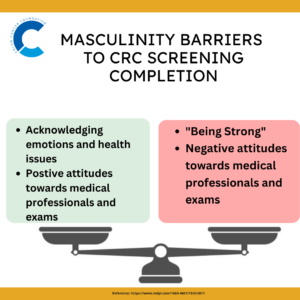By the ASCENDS team, University of Alabama at Birmingham
In the dynamic realm of cancer treatment, one persistent challenge demands our attention: the accessibility of care is far from straightforward.
Factors such as geographical location, income, employment status, and demographics can significantly influence the quality of care received. It’s high time we reshape this narrative, particularly for those colon cancer patients who face barriers to optimal cancer care.
And here’s the exciting part – you can be a driving force behind this transformation by simply sharing your story.
ASCENDS, an acronym for Advancing Surgical Care and Equity in the Deep South, is an initiative designed to revolutionize cancer care, especially for individuals in rural and minority communities who live in the states of Mississippi and Alabama.
ASCENDS is led by Dr. Maria Pisu and Dr. Daniel Chu, is funded by the National Institutes of Health, and is based at the University of Alabama at Birmingham.
How Can You Participate?
If you reside, or were treated, in the states of Mississippi or Alabama, we invite you to share your name and contact information. A member of the ASCENDS team will reach out to you for a one-time phone survey. And if you weren’t treated in these states but know someone who was, please consider sharing this opportunity!
ASCENDS is eager to hear about your experiences, triumphs, and even the challenges you’ve encountered. Why?
Because your voice can stir conversations, instigate change, and construct bridges within the landscape of cancer care. Your stories can influence policies, shape healthcare practices, and bridge long-standing gaps in the delivery of care.

There is also a little extra incentive – participants in the survey will be compensated for their time!
While the results of the study will drive the direction of the implementation, your results will be compiled into a plan of care recommendation that will be shared with healthcare providers in the deep South. Participants will be able to receive the study results once they are compiled. All personal information will be excluded.
Curious to Learn More?
Visit our website or connect with us on Facebook. Let’s work together to make a lasting impact on the world of cancer care!
This was an invited commentary from the ASCENDS team at the University of Alabama at Birmingham.
Photo credit: Tumisu on Pixabay.



